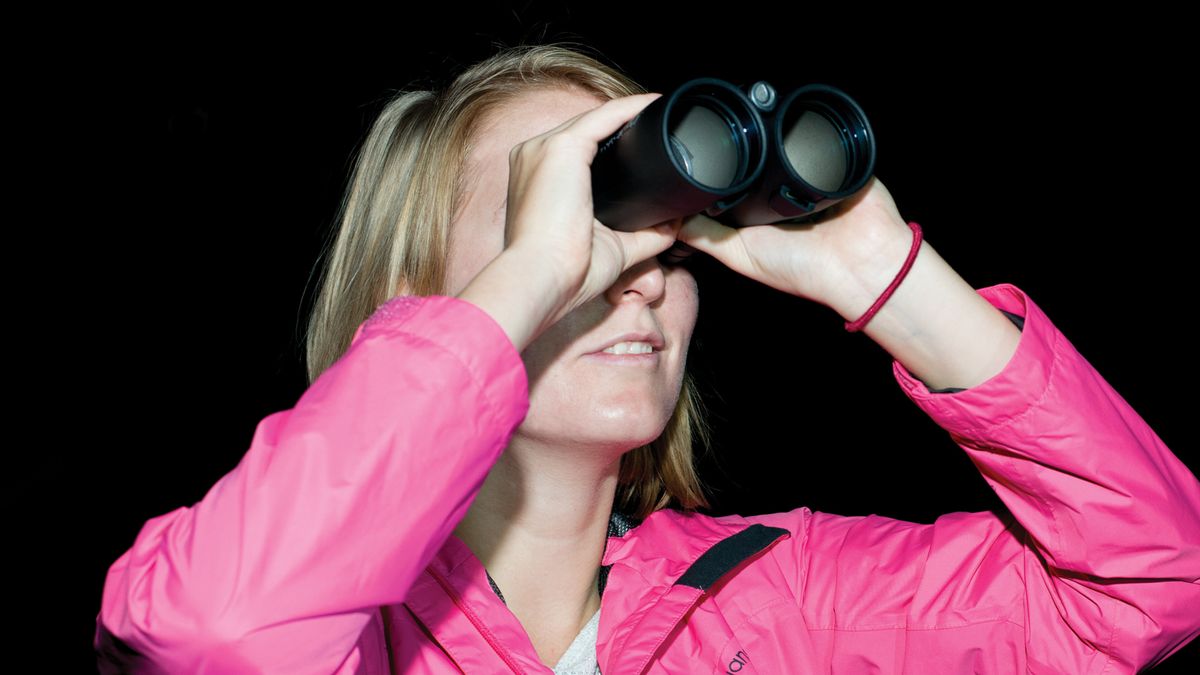Best Lightweight Binoculars: Shocking Technology for Professionals?
Best lightweight binoculars are more than just handy tools; they are essential for professional photographers looking to elevate their craft. We live in an era where technology is constantly evolving, and having the right equipment can provide life-changing advantages. Whether you are capturing wildlife in their natural habitats or documenting breathtaking landscapes, the right binoculars can extend your visual reach and enhance your overall experience.
This article aims to guide you through the myriad of options available, revealing remarkable binoculars that can help transform your photographic pursuits. From connectivity features to weight considerations, we will cover everything you need to know to make an informed decision.

Understanding Binoculars for Photographers
When selecting the best lightweight binoculars, it's crucial to understand their functionality and application. For professionals, lightweight models are ideal as they balance portability and performance. They not only allow for easy transport but enable quick setup and usage.
Features such as magnification power, lens diameter, and field of view also play significant roles. For instance, 8x42 binoculars strike a terrific balance, providing ample magnification without excessive weight. Thinner prisms and coatings can further enhance light transmission, which is invaluable for photographers working in varying light conditions.
Weight Matters: Comfortable Carrying
As a professional photographer, your gear can get heavy quickly. Lightweight binoculars designed for easy carrying without compromising on performance are easily accessible. Most modern binoculars take into consideration the needs of photographers. This means they often have durable yet lightweight materials, like magnesium or polycarbonate, to ensure they can be easily packed without adding unnecessary bulk.
Imagine scaling a mountain or trekking through dense forests, capturing images while keeping your weight to a minimum. Having gear that doesn't weigh you down is key for maximizing the efficiency of your work.
Magnification and Lens: The Dynamic Duo
Choosing the right magnification is vital when selecting your best lightweight binoculars. High magnification can be impressive, but too much can result in unsteady images unless stabilizing technology is integrated. For instance, binoculars with 10x magnification and a 42mm objective lens strike a great balance for spotting wildlife and landscapes.
Moreover, lens coatings are crucial for optimal performance. The right coatings can boost contrast and brightness, allowing you to capture vivid details even in dim lighting conditions.
Features to Look for in Lightweight Binoculars
When looking for the best lightweight binoculars, several features can enhance your experience:
- Weather resistance: Ensure that your binoculars can withstand various environmental conditions, featuring waterproof and fog-proof designs.
- Eye relief: This is important for users who wear glasses. Adequate eye relief ensures a comfortable viewing experience.
- Field of view: A wider field of view allows for easier tracking of birds or wildlife, which is essential for capturing the perfect shot.
- Tripod adaptability: Consider binoculars that can be mounted on a tripod, especially for long viewing sessions.
Top Brands for Lightweight Binoculars
There are numerous brands on the market, but a few stand out in terms of performance and reliability:
- Zeiss: Known for its high-quality optics, Zeiss provides stunning clarity and durability.
- Leica: Offers some of the best lightweight options designed specifically for photographers.
- Nikon: A trusted brand that provides a range of binoculars suited for various photography needs.
Practical Uses of Lightweight Binoculars in Photography
Getting ahead of the curve is critical for professional photographers. Utilizing the best lightweight binoculars allows you to scout locations effectively. Birdwatching, for instance, can be more fruitful with binoculars that give you a clear view before you set up your camera.
Moreover, they are particularly useful for:
- Location scouting for landscape photography.
- Wildlife photography, allowing for a less intrusive approach.
- Observing events from a distance without compromising your shot.
What to Avoid in Binoculars
Investing money can also mean avoiding poor choices. Do not fall for overly cheap options that may offer misleading specifications. Always aim for reputable brands as they provide reliability and performance. Look for reviews and ensure that the models you consider have comprehensive features for professional use.
Conclusion
In the end, finding the best lightweight binoculars should be an informative and engaging experience. Remember to assess your needs as a photographer carefully; consider model weight, lens quality, and how you plan to use them in the field.
To get deeper insights, check out this REI guide on binoculars.

FAQs
1. What magnification is best for lightweight binoculars?
Typically, a magnification of 8x to 10x is ideal for lightweight binoculars, providing good detail without excess weight.
2. Are all lightweight binoculars waterproof?
No, not all lightweight binoculars are waterproof. Always check product specifications for weather-resistant features.
3. Can I use binoculars for night photography?
While binoculars are not designed for low-light photography, models with specialized night vision technology can assist in observing at night.
For more information on different types of binoculars, feel free to browse through these links: Small Binoculars for Hiking, Inexpensive Night Vision, Binoculars for Duck Hunting.

